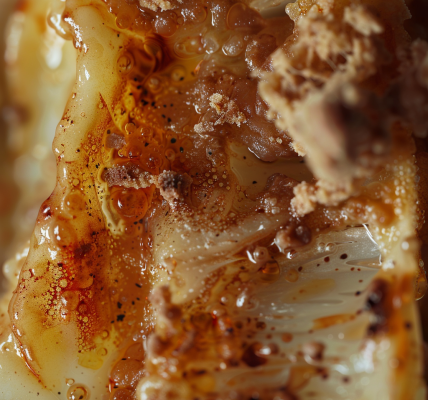A recent study conducted by researchers at Nagoya University Graduate School of Medicine in Japan has uncovered a significant link between gut bacteria and Parkinson’s disease (PD). The study revealed a reduction in gut bacteria responsible for synthesizing essential B vitamins B2 and B7 in PD patients.
Researchers also discovered a correlation between the deficiency of these key vitamins and lower levels of agents crucial for maintaining the integrity of the intestinal barrier. This compromised barrier can allow toxins to enter the bloodstream, leading to the inflammation commonly observed in PD.
The findings of this study, published in npj Parkinson’s Disease, suggest that supplementing B vitamins to address these deficiencies could potentially serve as a therapeutic approach for treating PD.
Parkinson’s disease is characterized by a range of physical symptoms that impact daily activities and mobility, including tremors, bradykinesia, rigidity, and balance issues. While the prevalence of PD varies among different populations, it is estimated to affect around 1-2% of individuals aged 55 and older.
The gut microbiota, comprised of microorganisms in the digestive system, play a crucial role in various physiological processes. Under normal circumstances, gut microbiota produce short-chain fatty acids (SCFAs) and polyamines that help maintain the intestinal barrier, safeguarding against toxin penetration into the bloodstream.
Toxins that infiltrate the bloodstream can travel to the brain, triggering inflammation and disrupting neurotransmission processes essential for mental well-being.
To delve deeper into the connection between gut microbial composition and PD, Hiroshi Nishiwaki and Jun Ueyama from Nagoya University Graduate School of Medicine conducted a comprehensive analysis of stool samples from PD patients in Japan, the United States, Germany, China, and Taiwan.
Utilizing shotgun sequencing, a method that sequences all genetic material in a sample, the researchers gained valuable insights into the microbial community and genetic composition of the samples.
The study revealed a decrease in the presence of certain bacteria in the gut of PD patients, indicating a potential link between gut microbiota composition, B vitamin synthesis, and the development of Parkinson’s disease.





